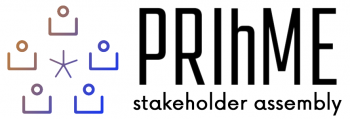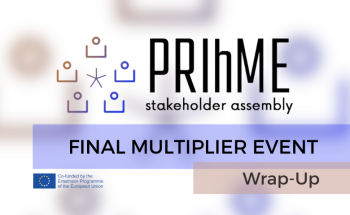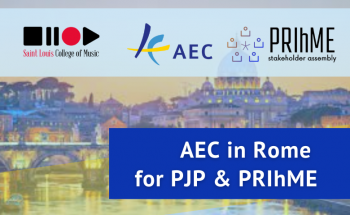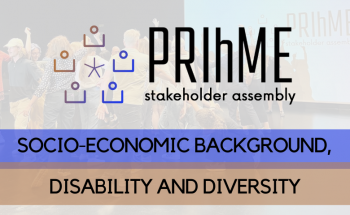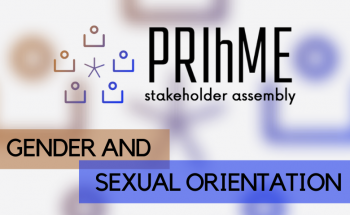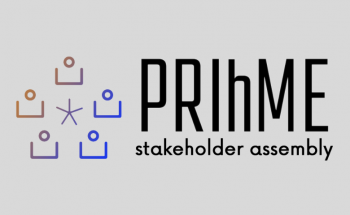About PRIhME
PRIhME is a strategic partnership of 9 European institutions examining the issue of power relations in the higher music education (HME) sector. It was funded by the European Commission’s Erasmus+ programme. Delegates from these institutions formed The PRIhME Stakeholder Assembly and ensured the project’s organisation through the Assembly Working Group, the Editorial Board, and the Steering Committee. PRIhME’s principal activities involved focused discussions held during 4 in-person stakeholder assemblies which were in turn supported by 4 online meetings. These took place between the spring of 2021 and the autumn of 2023.
PRIhME Aims and Objectives
Systemic inequalities in power relations are embedded in most higher music education institutions (HMEIs). Power relations in the musical context are nuanced and complex because they have pedagogical relevance and can affect [mental] health during studies and in the workplace.
PRIhME aims to strengthen organisational cooperation and networking around the issues of power relations to promote healthier and more sustainable careers for both the HME stakeholders and their alumni. More broadly, the project will raise awareness of power imbalances in HME, encouraging HE organisations at large to reflect on these issues within their institutions by providing information, tools, and policy recommendations.
A key result of PRIhME will be to help HMEIs understand how the traditions and norms we perpetuate create power inequities. The longer-term result will be a more diverse and socially integrated HME sector with increased levels of confidence and satisfaction among stakeholders, offering the world more creative and socially engaged performing artists trained in healthy and sustainable communities of learning.
PRIhME Partners
All PRIhME activities included representatives from these partner institutions.
- Royal Irish Academy of Music, Ireland
- European Association of Conservatoires (AEC), Belgium
- Popakademie Baden-Württemberg GmbH, Germany
- Universität für Musik und darstellende Kunst Graz (KUG), Austria
- Musikene Centro Superior de Música del País Vasco/Euskal Herriko Goi Mailako Musika Ikastegia, Spain
- Saint Louis Music Center Srl, Italy
- Academy of Music, University of Zagreb, Croatia
- Akademia Muzyczna im. Krzysztofa Pendereckiego w Krakowie, Poland
- Malmö Academy of Music, Lunds Universitet, Sweden
PRIhME also collaborated with an associate partner:
Kharkiv I. P. Kotlyarevsky National University of Arts, Ukraine
Editorial Board
The Editorial Board was responsible for developing a comprehensive brief for each stakeholder assembly. This included an expert paper designed to provide a broad introduction to the assembly topic, written by one or two experts from the field. Additionally, the brief contained excerpts from relevant academic articles, institutional or governmental reports, policy documents and videos.
At the conclusion of PRIhME, the Editorial Board will deliver an academic publication that includes a theoretical framework for each of the four assemblies (expert papers), important keywords related to the assemblies, and additional material on each theme. This intellectual output will constitute a far-ranging critical reflection on aspects of power relations in the field of Higher Music Education.
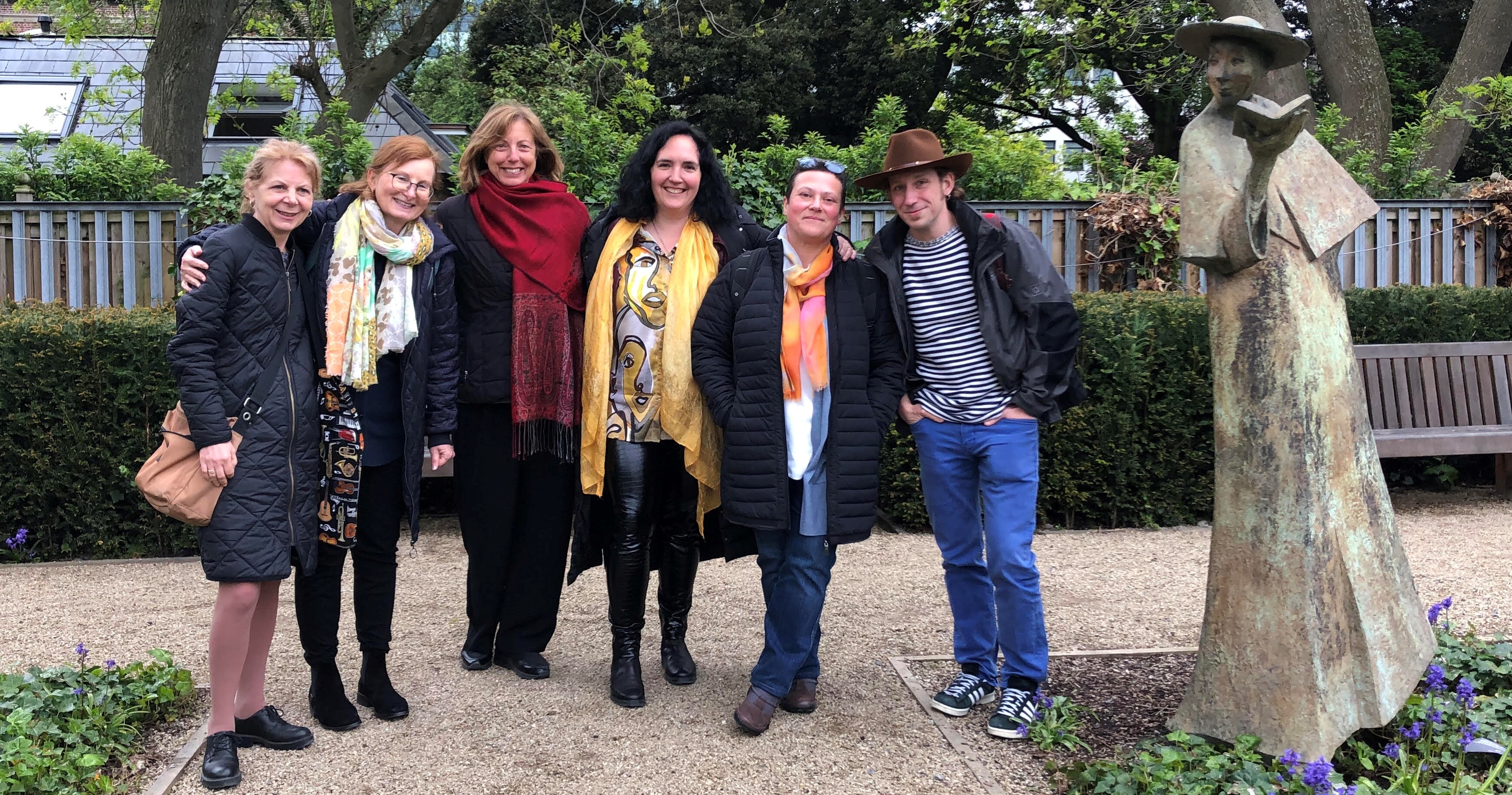
Members of the Editorial Board:
- David Emil Wickström, Principal Editor (Mannheim)
- Christa Brüstle (Graz)
- Mojca Piškor (Zagreb)
- Itziar Larrinaga (San Sebastián)
- Lucia Di Cecca (Rome)
- Eva Sæther (Malmö)
Assembly Working Group
The Assembly Working Group moderated and facilitated the stakeholder assemblies and the assembly process, designing programmes, moderating discussions, and supporting the Assembly Chair. They guided the assembly according to the assembly principles, helped to draft resolutions, and coordinated their work on Slack, PRIhME’s online communications tool.
The Assembly’s collected work can be found on this site according to the different themes. This includes recommendations and resolutions made by Assembly members as well as practical aids that can help institutions work towards adoption of these resolutions.
Specifically, this includes:
- 4-6 Resolutions for the AEC Congress
- ‘Standards’ for good practice in HME
- Policies and procedures, as well as exercises used during the assemblies
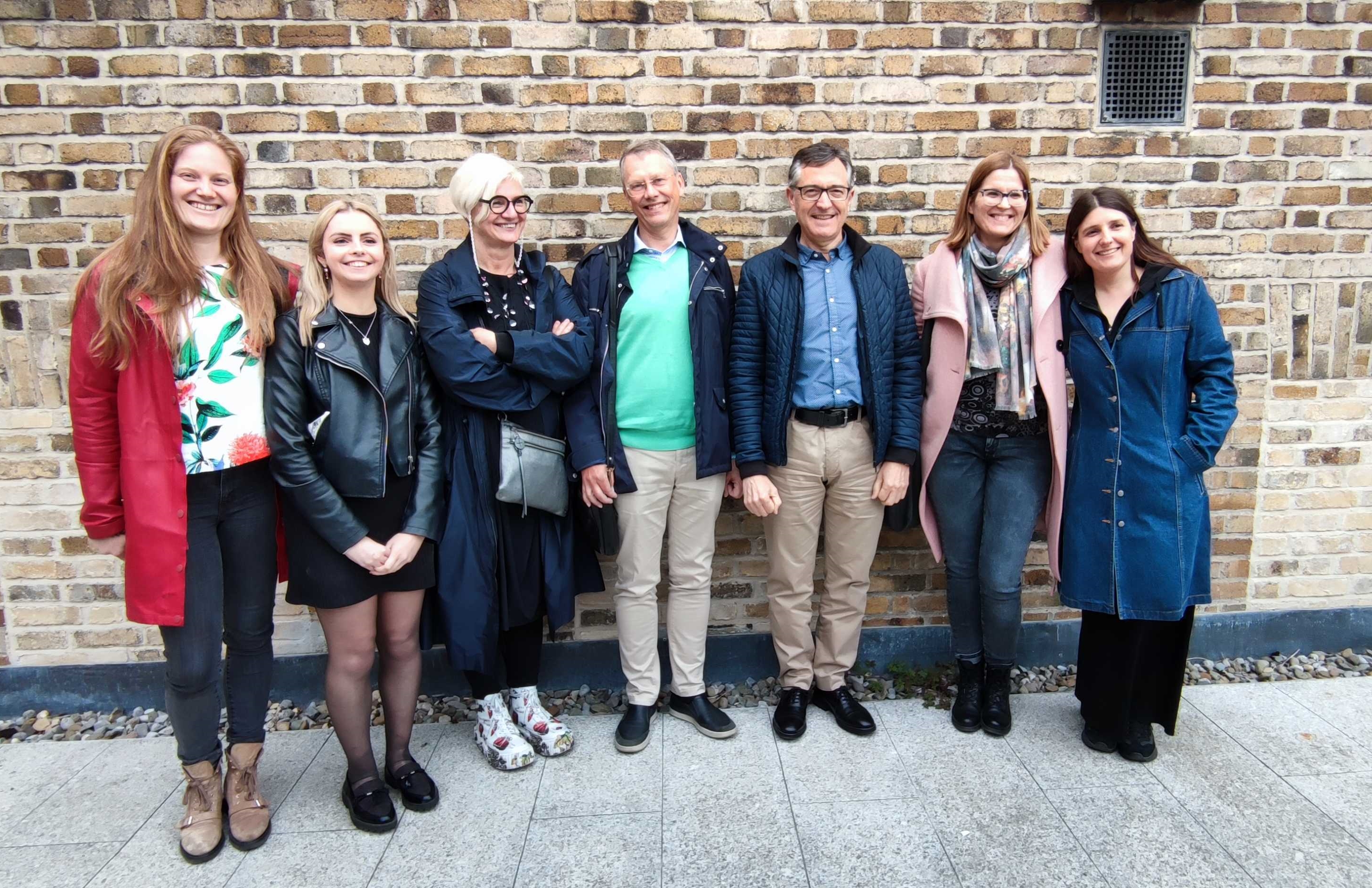
Members of the Assembly Working Group:
- Esther Nass, Chair (AEC)
- Ana Čorić (Zagreb)
- Jesús Echeverría (San Sebastián)
- Karolina Jarosz (Krakow)
- Lars Härstedt Salmonson (Malmö)
- Constanze Wimmer (Graz)
Former member:
- Megan O’Neill (Dublin)
Steering Committee and Evaluator
Leaders from the 9 partner institutions formed the Steering Committee. They met twice a year to monitor progress and dealed with administrative issues; further, they are responsible for ensuring project follow-up within their own institutions.
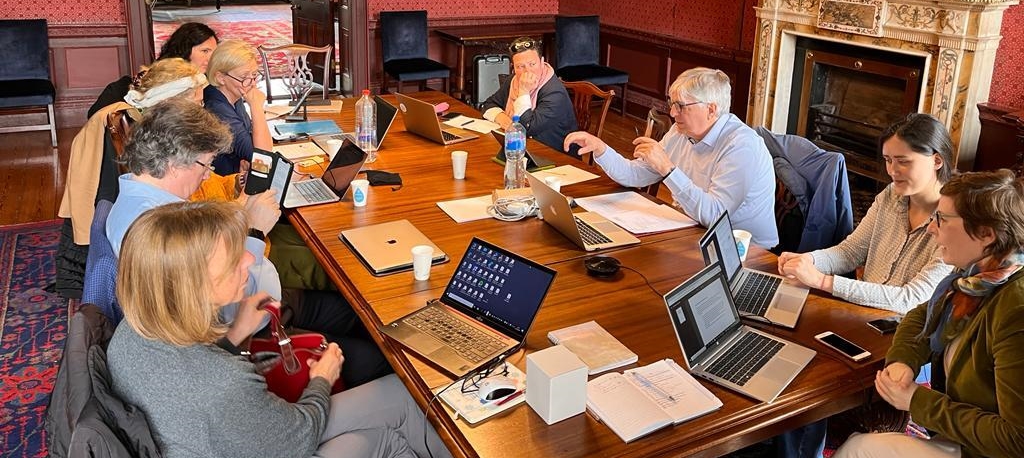
Steering Committee members:
- Deborah Kelleher, Royal Irish Academy of Music, Dublin
- Sabine Göritzer, KUG Graz
- Karin Johansson, Malmö Academy of Music
- David-Emil Wickström, Popakademie Baden-Württemberg, Mannheim
- Mojca Piškor, Academy of Music Zagreb
- Lucia di Cecca, Santa Louis Music Center, Rome
- Itziar Larrinaga, Musikene, San Sebastian
- Zdzisław Łapiński, The Krzysztof Penderecki Academy of Music in Krakow
- Stefan Gies, AEC Chief Executive
- Ashkhen Fixova, AEC Project Coordinator
- Oleksandr Priymenko, Kharkiv University of Arts (Associate partner)
In addition to the Steering Committee, PRIhME appointed Ankna Arockiam as external evaluator.

